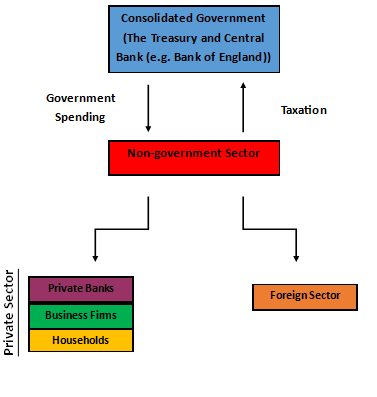Originally published in Young Fabians Anticipations magazine, ‘Big Ideas’.
What is the function of a political party in an age characterised by anti-politics? What use is political activity in a time where it is met with cynicism, with distance, and with apathy?
Anti-politics (as developed by Elizabeth Humphrys and Tad Tietze) can be understood in three ways. The first has been touched on – detachment, disinterest and disbelief in politics, its processes, and its efficacy. This manifests itself not just as a lack of engagement in politics because of its distance from working class people, but also the rejection of politics-as-is, best exemplified by the understanding of Brexit as a protest vote against a political establishment.
A second understanding is of anti-politics as a political strategy. Across the world, we see anti-politics as both the face and the shroud of political rupture. Donald Trump, serves as an obvious example of the latter, masking a socially-regressive continuation of the status-quo with anti-political rhetoric that asserts his ability to ‘drain the swamp’, the irony of his membership amongst and collaboration with the same people clearly lost on him. More benign versions of this can be found in the direct democracy once espoused by the Five Star Movement that in principle seeks to give citizens greater power by using the internet to bypass reliance on representatives.
The Yellow Vest movement in France serves as a deep foray into anti-political strategy. Explicitly forgoing political representatives, they instead came together as a “General Assembly of General Assemblies” with each of the 75 participating local assemblies sending two delegates (one woman and one man). This led to the Commercy Declaration, explicitly denouncing attempts by those within the movement, politicians who attempt to align with them, and even unions, to “appease the eruption”.
It may be too early to conclude, but even so the Yellow Vests represent (at least in part) the final understanding of anti-politics, that of a consistent strategy of social revolution, as put by Humphrys and Tietze: one that seeks to concretely intervene in order to build a movement that overcomes politics by overcoming the state.
The Yellow Vests do not speak of gaining power in government. They eschew “self-proclaimed representatives and spokepersons”, they reject the idea of “hand[ing] over [their] voice to a handful of people’, and perhaps most importantly seeing themselves as people who organise themselves, who come together interact with each other, organising “solidarity soups to live beautiful moments together and get to know each other in equality”.
In building a movement independent of politics, the Yellow Vests have found a sense of solidarity. In organising themselves, they have created a space to escape the transactional relationships that encroach ever more into our social lives, and where “speech is liberated, where one dares to express oneself, to train oneself, to help one another”.
So again I ask: What is the function of a political party in an age characterised by anti-politics? What use is political activity in a time where it is met with cynicism, with distance, and with apathy?
To preface what follows, I should make it clear that I in no way wish to demean or understate the work done and the fights won by Labour’s activists, volunteers and affiliates. The goal instead is to galvanise, to encourage and to radicalise our vision in the face of an increasingly perilous moment. This country, and as intimated by the rupture of anti-political activity, the world, cries out for change. The alienation wrought by capitalism is engendering a social reaction, that can be channelled against the sickness and the rot, or give way to the vilest humanity.
Thus, in an admittedly vague direction, I would argue that Labour, in an effort to develop a broad social (as opposed to political) movement, should increasingly use its institutional position to further the self-organisation of working class people, with working class taken to mean those of us who have no alternative but to sell our labour. The Community Organising programme already has a multitude of successes, and plans to increase the number of co-operatives, and support the development of tenant unions once in government further working class independence.
We should not stop at politics however. It is not just the Conservative Party and their policies we want to remove from government, but an unjust socio-economic system that is premised on exploitation and enforced precariousness under the guises of efficiency and innovation. One in which atomised individuals have no real recourse to defend themselves.
Labour must develop a social movement, one that sinks into every field. Not just so a thousand flowers might bloom, but also so that there is a deep well of experience, of ideas, of vitality that can be drawn from when the opportunity for practice under a Labour government arrives. One that creates spaces that turns from being distinctly political, to a social endeavour. One where what begins as political activity becomes sports clubs, reading groups, co-operative childcare and car pools.
That is, Labour should act as the foundations for the self-organisation of the working class, acting as a body that gives communities the confidence to lead themselves, to pursue alternatives ways of mobilising, to develop new ways of integrating political practice into their communities, as opposed to relying predominantly on political representation that history has shown to become ossified and restricted by the political process.
The Yellow Vests show the strength of such an orientation. Labour should give more communities the opportunity to engage with our ideals, to see first-hand the potential of the transformative program we believe in, to see the trust we have in their agency to organise themselves, by themselves, and for themselves.
Only a society that believes in an alternative will choose one, and what better alternative is there than one you built yourself?

